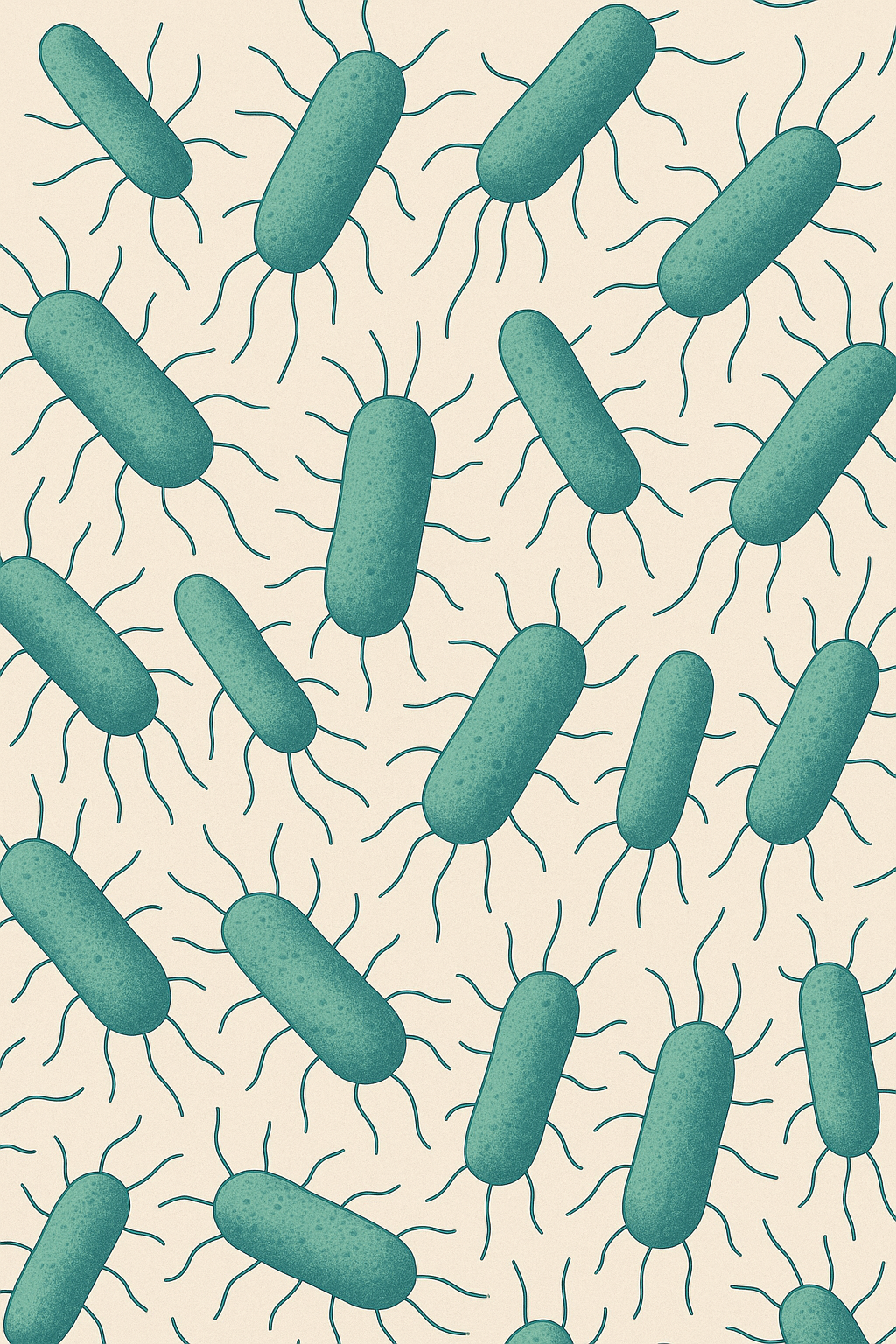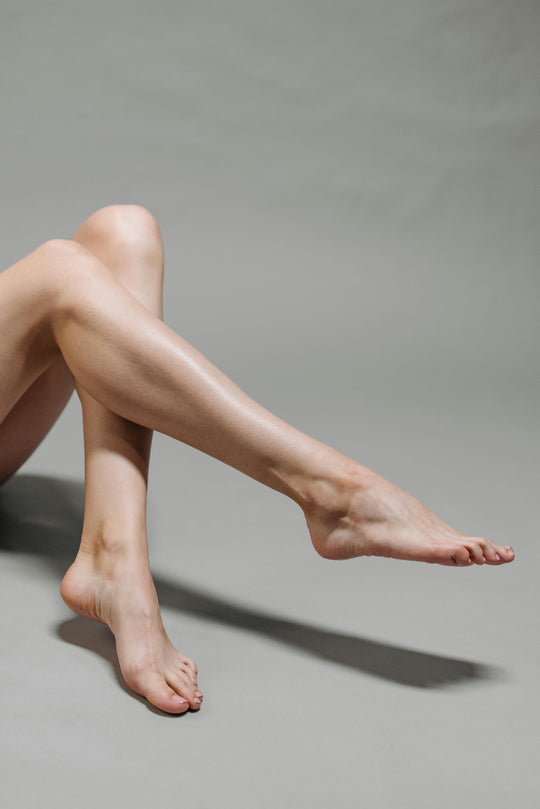How Bacteria Cause Odor

Sweat + Bacteria = Odor
There are two types of sweat glands in the body: eccrine glands and apocrine glands. Eccrine glands produce a clear fluid containing mostly water, salt, and electrolytes. Apocrine glands produce a thick, milky fluid that is rich in proteins. Eccrine sweat is odorless, and apocrine sweat does not have a noticeable smell.
The human body is covered with billions of bacteria. In fact, it is estimated that the average person has 1.5 trillion microbes on their skin. The bacteria on the surface of the skin also lack a noticeable odor.
It is the combination of sweat and bacteria that leads to body odor. In particular, the bacteria break down the proteins in apocrine sweat, which produces volatile organic compounds (VOCs), which are responsible for body odor.
Variability in Odor
If everyone sweats and everyone is literally covered in bacteria, why do some people have bromhidrosis and others do not? The short answer is that we each have a different microbiome meaning that we each have different bacteria on our skin.
- Corynebacteria - these bacteria are associated with the production of a strong, pungent smell that is often described as "sour," "musky," or "cheesy"
- Anaerobic bacteria - these types of bacteria thrive in moist, low-oxygen environments (such as the underarms, groin, and skin folds), and they are associated with the production of an unpleasant smell
- Staphylococcus - in contrast to corynebacteria and anaerobic bacteria, these bacteria product a mild, even "sweet" odor
We inherit our microbiome from our mothers at birth, and our diet and lifestyle choices impact how that microbiome changes over time.
What Can You Do?
Some things like changes in hormones (e.g., puberty, menopause, etc.) are largely unavoidable, but there are several things that you can do to improve your microbiome:
- Frequent washing and bathing
- Avoid foods like garlic, onions, red meat, and spices
- Change your clothes frequently
- Wear breathable fabrics
- Wear deodorants (like MagDeo® deodorant) or take an oral deodorant (like DeoCaps body deodorizing supplement)







